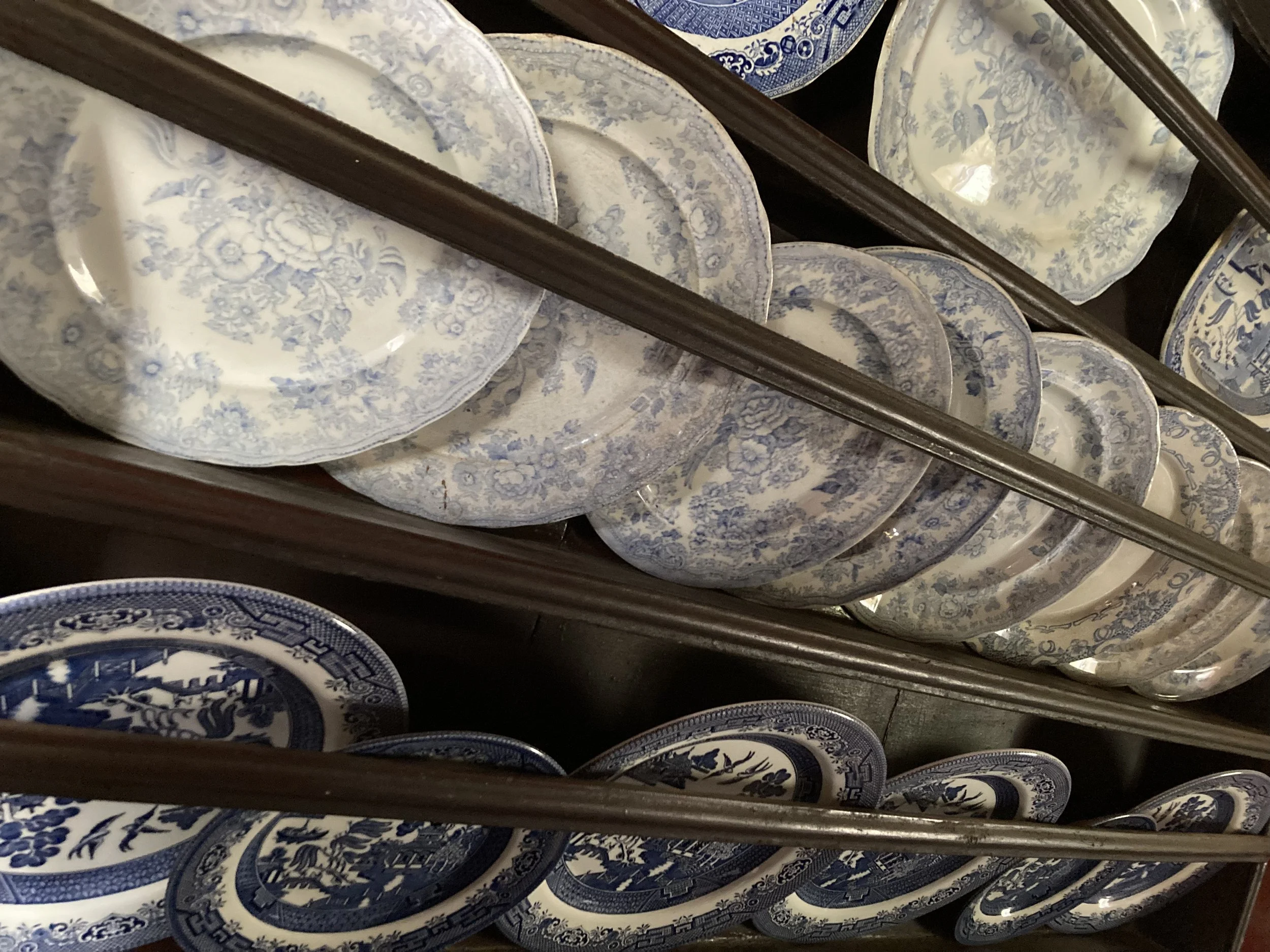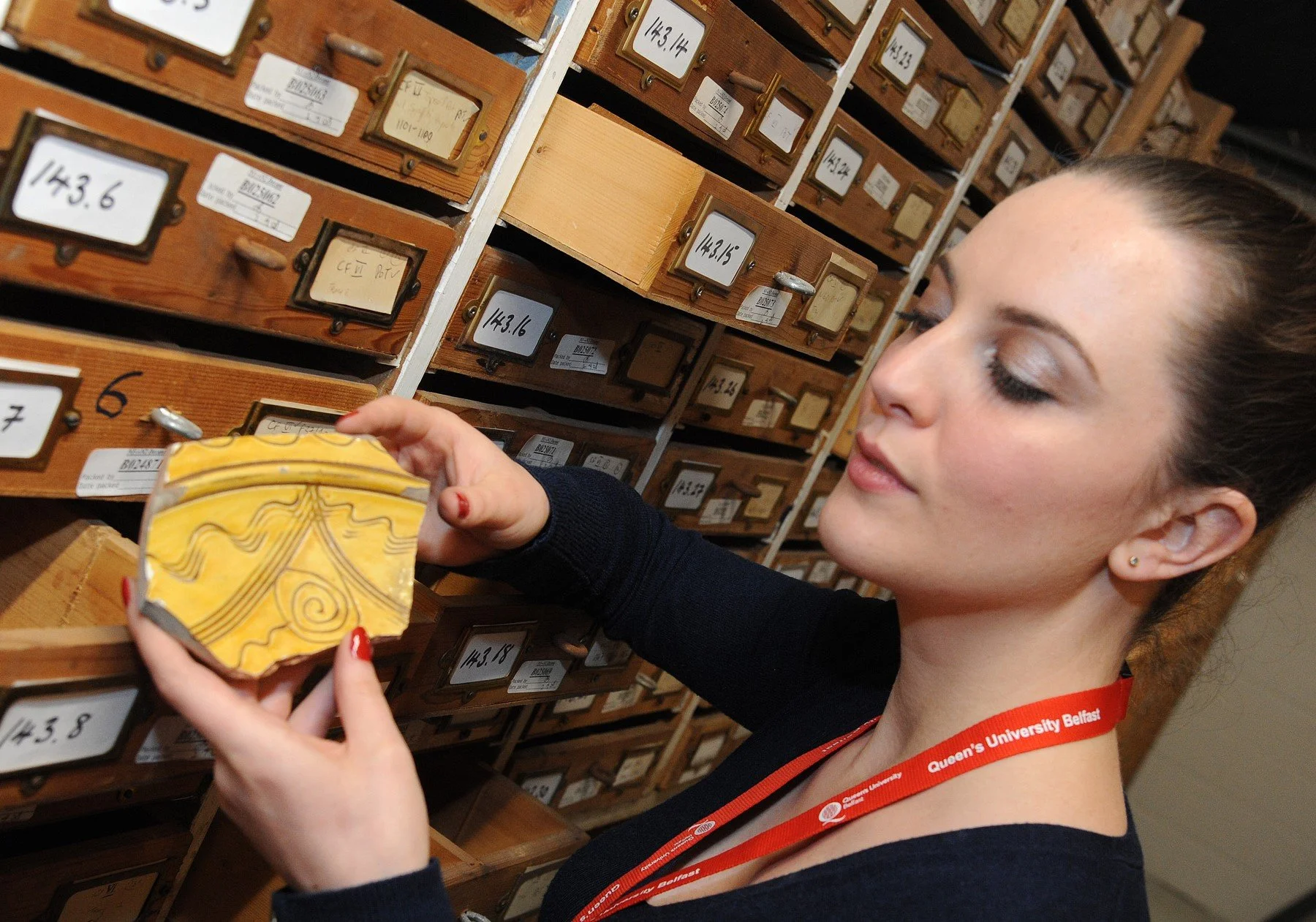
ABOUT
OUR LEGACY
The development of post-medieval archaeology in Ireland, north and south, has not been a straightforward process. Since the founding of the Irish Post-Medieval Archaeology Group (IPMAG) in 1999, however, the interest in the field has expanded exponentially. Cynically, one might attribute this expansion to the simple need to come to terms with the vast amount of post-1550 material culture being unearthed throughout the island, and particularly the Republic of Ireland. On a broader scale, however, the growth of the discipline in Ireland reflects the timely expansion of historical archaeology around much of the world. One can now find archaeologists engaged in the study of the material legacy not only of the ‘traditional’ post-medieval period (1550-1750) but also of the period up to and including the twenty-first century, once mainly the preserve of archaeologists in North America and the United Kingdom.
Similarly, debate over how to interpret this vast period with its rich and complicated material heritage has become more informed (and sometimes divided!) by a range of theoretical approaches borrowing from anthropology, sociology, history and even literary criticism. While interest has increased and approaches have diversified, we nevertheless still face some essential difficulties in the development of post-medieval archaeology in Ireland.
IPMAG’s inaugural conference, held at Queen’s University, Belfast in February 2001. The original conference programme included 29 invited speakers, and was intended to be an interesting and certainly long-overdue forum for outlining the nascent discipline and considering its future. Counting the speakers and the members of the organising committee, the anticipated number of attendees was targeted at 50. To the astonishment and delight of the organising committee, over 140 interested delegates attended the conference, and came not only from Ireland north and south but also from Britain and North America. In a series of forthright discussions, attendees outlined a number of concerns, including the need to foster greater public and professional awareness of post-medieval archaeology, and the accompanying need for academic and vocational training opportunities. Additionally, there was general recognition of the necessity of developing strong interdisciplinary ties with historians, museum specialists, architectural historians, folklife scholars and cultural geographers, as well as developing closer ties with historical archaeologists throughout the world to avoid a situation in which Irish archaeologists ‘re-invent the wheel’. The meeting culminated with the formal opening of the organisation to membership, and the reconstruction of the committee to reflect its new, all-Ireland membership.
Since 2001, IPMAG has held 24 further conferences, including a joint meeting with our UK-based sister Society for Post-Medieval Archaeology, and continues to work towards achieving the aims set out by IPMAG in 2001.

Ask Our Experts
Got a question? From artefacts to legalities, we should have the answer.
If we don’t, we know who to put you in contact with.
